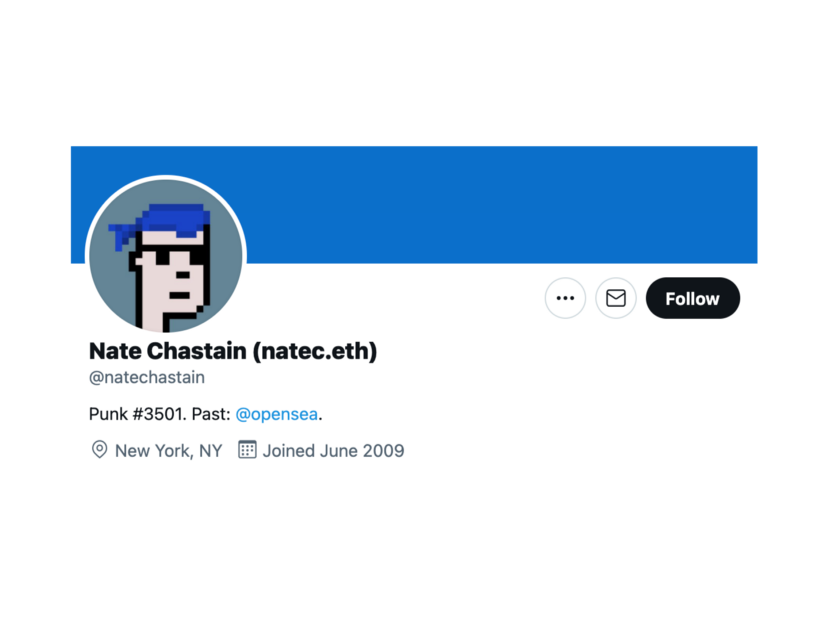
U.S. prosecutors charged and arrested Nathaniel Chastain, a former employee at the online NFT marketplace OpenSea, for insider trading, the first such case involving digital assets.
Chastain quit OpenSea in September 2021 after an insider trading scandal broke out. On June 1st this year he was charged with wire fraud and money laundering in connection with trading on confidential information about which NFTs were about to be featured on the OpenSea homepage. The two charges each carry a maximum sentence of 20 years in prison.
Chastain’s alleged scheme was relatively simple. He was tasked with selecting NFTs to be featured on OpenSea’s homepage. OpenSea kept those homepage selections confidential until they went live, since a main page listing often translated to a jump in price for both the featured NFT, as well as NFTs made by the same creator.
From June to September of 2021 Chastain would secretly buy an NFT just before OpenSea featured the piece on the front page of its website. Once those NFTs hit the main page, he would allegedly sell them at a considerable profit. To cover his tracks, he conducted transactions with anonymous digital currency wallets and anonymous accounts on OpenSea.
Before September, 2021, when the light was shed on Chastain’s bad practices, OpenSea was quite relaxed with respect to restrictions around employees using privileged information to invest in NFTs. The company has since implemented two new employee policies, including barring staff from “using confidential information to purchase or sell any NFTs, whether available on the OpenSea platform or not.”
The entire episode shows the regulatory gap that exists across large swaths of the wider crypto ecosystem. NFTs, in particular, exist in a legal grey zone. They aren’t officially considered securities, nor is there much by way of legal precedent around digital assets as a whole. So up until this arrest, it wasn’t clear if prosecutors would go after insider trading of NFTs.
This case and another recent one, with the Singapore court blocking the sale of the BAYC NFT and setting precedent for digital assets being protected as property, have shown that the U.S. Government is not ignoring NFTs. So, some regulations might soon be imposed on something that is inherently against any regulations. Let’s wait and observe the next moves!
